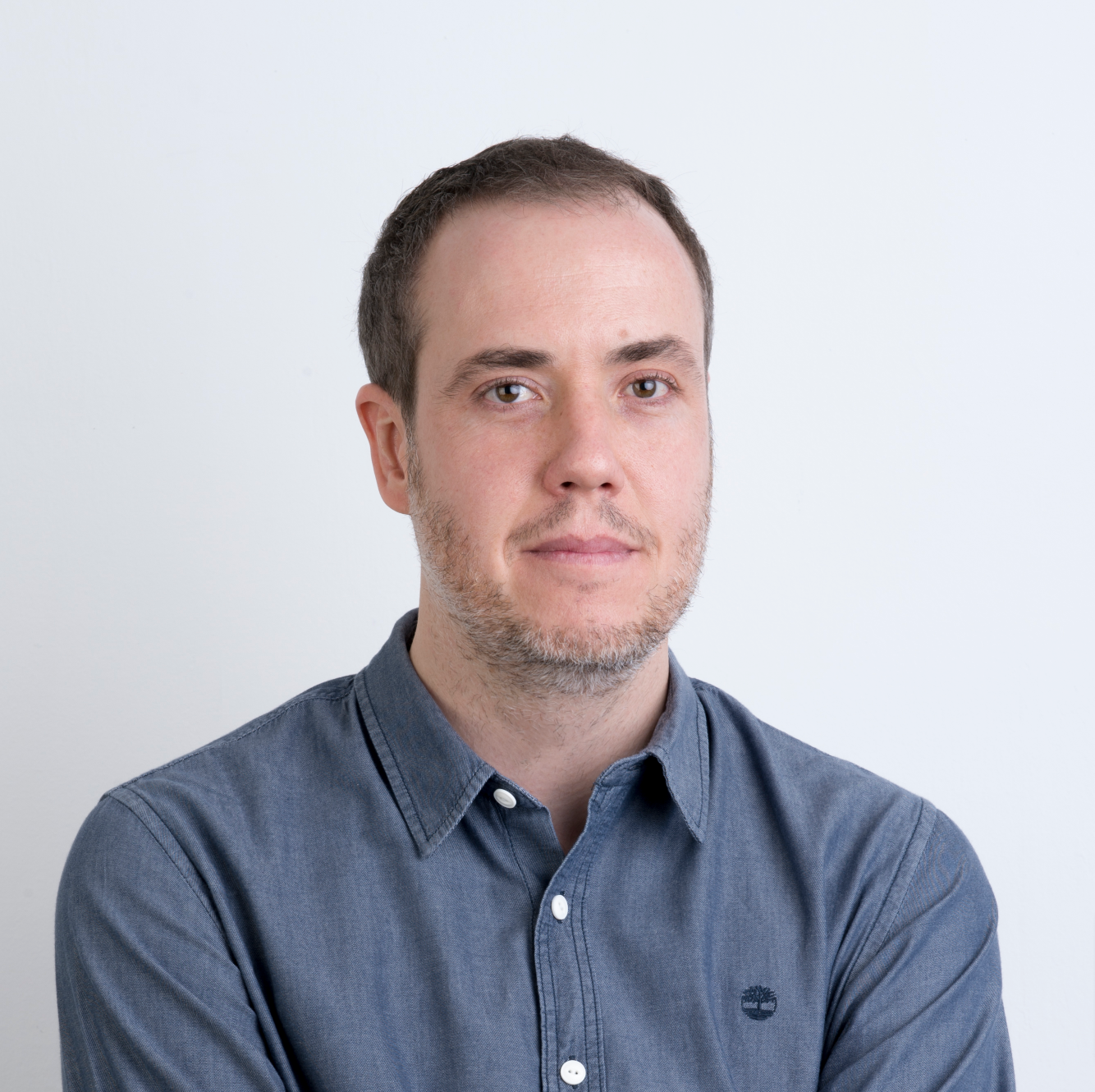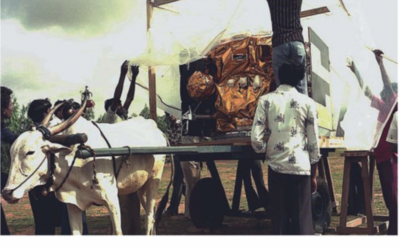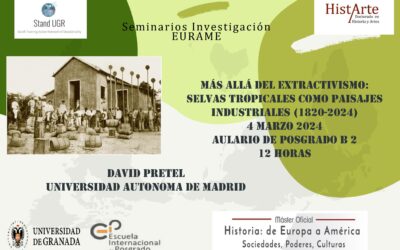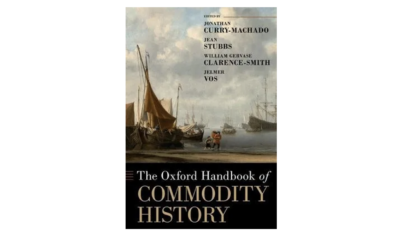
David Pretel
Universidad Autónoma de Madrid
I am a historian of technology and capitalism, with a focus on Latin America and the Atlantic World, including Africa. Other areas of interest include labour history, environmental history, intellectual property rights, and the history of empire.
I work at the Autonomous University of Madrid, where I am a professor of economic history. I am also a research associate at UPF’s Research Group on Empires, Metropoles, and Extra-European Societies.
I have held teaching and research positions at several universities, including the Pompeu Fabra University, El Colegio de México, the European University Institute and the University of London. I was educated in Madrid and Cambridge and have spent time as a visiting scholar at the universities of Harvard, Nottingham, UCLA, and the Max Planck Institute for the History of Science.
My first book, Institutionalising Patents in Nineteenth-Century Spain (Palgrave-Macmillan), examined the development of the Spanish patent system in the years 1826–1902, providing a fundamental reassessment of its evolution in an international and imperial context.
I have also published the volumes The Caribbean and the Atlantic World Economy: Circuits of Trade, Money and Knowledge, 1650-1914 (Cambridge Imperial and Post-Colonial Studies Series, Palgrave, 2015), Technology and Globalisation: Networks of Experts in World History (Palgrave, 2018) and Colours, Commodities and the Birth of Globalization: A History of the Natural Dyes of the Americas, 1500–2000 (Bloomsbury, 2024).
My recent publications include articles in the journals History of Science, Technology & Culture, Global Environment, Business History, History of Technology, Latin America in Economic History, Historia Mexicana and Ayer. My writings have also appeared or are forthcoming in several edited volumes such as the Oxford Handbook of Commodity History and the Cambridge History of Technology.
‘Ever Tried. Ever failed. No matter. Try again. Fail again. Fail better’. Samuel Beckett
New publication: “Latin America in the Global History of Technology”
In L. Hilaire-Perez, G. Carnino and J. Lamy (eds.): Global History of Technology (Brepols, Global Matters series): 233-249.
Invited seminar presentation at Universidad de Granada
Seminario Investigación EURAME, Aulario de Posgrado B2, 4 de Marzo, 12:00h.
David Pretel, “Más allá del extractivismo: selvas tropicales como paisajes industriales (1820-2024)”.
New chapter in the Oxford Handbook of Commodity History
David Pretel, “Towards a Technological History of Commodity Production,”in Curry-Machado, J., Stubbs, J., Clarence-Smith, W., and Vos, J. (eds.), Oxford Handbook of Commodity History (Oxford University Press, 2023): 239-266.





